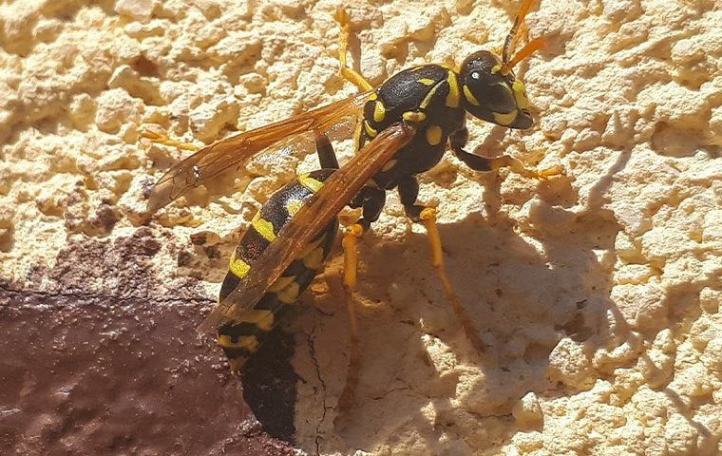The last thing that any homeowner wants to see when they are enjoying a nice summer day on their patio is a wasp’s nest hanging from their home. Wasps are a common problem in San Jose throughout most of the year and can be exceptionally problematic during the peak of summer. Even if it is not at the height of wasps season, you should never try to remove a wasps nest on your own.
Instead, you should let the professionals at Citra Pest Control take care of your wasp control needs. Our San Jose pest control specialist can keep you and your family safe by removing wasps nests from your property. Here is a look at some of the most important things you should know about having wasps in or near your home.
Characteristics Of Common Wasps
Because of its warm temperatures throughout the year, San Jose is a popular destination for several types of wasps. Some of the most common wasps that are found in San Jose include:
- Yellow Jackets: Yellow jackets may look like bees, but they are actually a species of wasp. They typically measure around ? inch long and have thin, segmented bodies that are black and yellow striped. They are social wasps that tend to build large aerial nests that can be found under the eaves of roofs, tree limbs, and other elevated areas. They are also known to nest in underground cavities as well.
- Paper Wasps: Paper wasps are between ? to ¾ inch long. They typically have brown bodies with yellow markings but can also have red markings. Like the yellow jackets, paper wasps also build aerial nests that look as if they were wrapped in paper. However, a paper wasp’s nest is shaped more like an upside-down umbrella.
- Mud Daubers: Mud dauber wasps are a large species of wasp that can measure over 1 inch long. They have dark bodies that are usually solid black but can also have iridescent shades of dark blue. They get their name from the unique way they build their nests out of mud.
The paper wasp and yellow jacket are both social species, which means there are usually several different wasps living in one nest together. The mud dauber, however, is a solitary wasp and will typically live alone.
Wasps Can Be Dangerously Aggressive
Most wasps are capable of stinging you. However, not every wasp is considered to be aggressive. Usually, social wasps tend to be more aggressive than solitary wasps. If you get too close to a social wasp’s nest, they will likely become extremely aggressive and attack in large numbers. This can quickly become extremely dangerous for people who are allergic to wasp stings.
Five No-Nonsense Tips To Prevent Wasps
Having wasps around your home can completely ruin your backyard and force you to stay indoors throughout most of the summer. Luckily, there are a few easy things that you can do to prevent wasps from coming onto your property. Some of the preventative measures that you can take include:
- Keep your food covered when eating outdoors
- Don’t leave sugary drinks outside
- Avoid sweet-smelling fragrances when going outdoors
- Repair any home or tears in your window and door screens
- Seal all gaps that are around your house
Wasps like sweet nectar-type foods but will also eat bugs and small insects. They will likely invade your yard if they sense a food source on your property.
The Best Way To Remove And Prevent Wasps Around Your Property
If you see any wasps or wasp nests around your San Jose home, call our Citra Pest Control home pest control professionals today. We can safely remove these nests and eliminate the wasps from your property. Contact us today to schedule your consultation.

